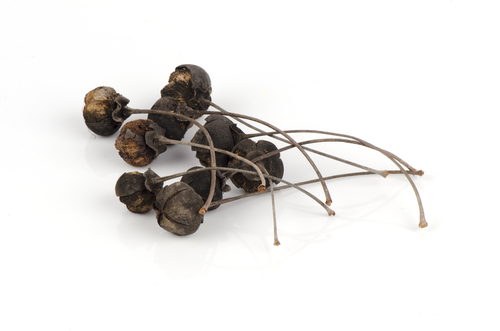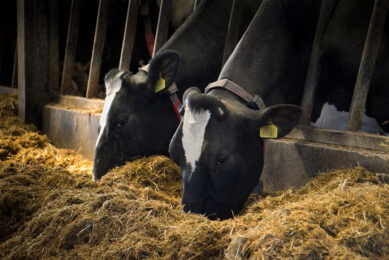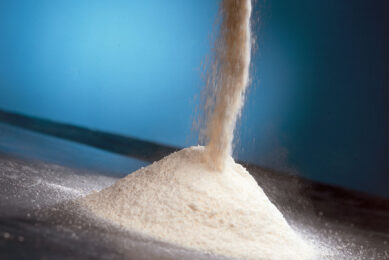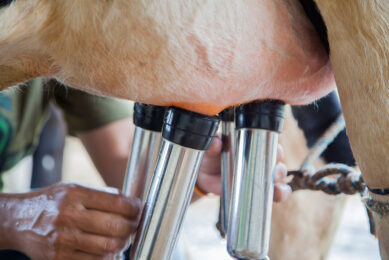Purging nuts can be suitable for animal diets

The tropical plant Jatropha curcas L., which is now mainly used for biodiesel, soaps and candles, can also be a valuable ingredient for animal diets. But the plant cake has to be detoxified first before animals can handle it, researcher Muhamad Insanu explains.
Jatropha curcas L. is a tropical plant, widely known as physic nut or purging nut. It is drought resistant and can be cultivated in a wide variety of soils. The plant is mainly cultivated for the high oil content of its seed (up to 40%). This oil is traditionally used for soap or candle manufacture, lighting or as lubricant, but in recent times it has been introduced as an alternative source of second generation biodiesel.
Successful detoxification
The seed also contains a high level of protein (up to 28%), which composition is excellent to use it as an animal feed. However, the presence of anti-nutritional factors and toxic components make the seed kernel unsuitable for direct use in livestock diets. In his PhD thesis at the thesis at the Department of Pharmaceutical Biology (Groningen Research Institute of Pharmacy, University of Groningen, The Netherlands), Muhamad Insanu tested the potential of processed and detoxified Jatropha curcas L. kernel meal (JKM) for animal feedstock. Insanu carried out a detoxification process for the JKM, which showed to be efficient in separating toxic principles from the Jatropha curcas seed kernel to obtain a protein extract being safe to be used as feedstock. No final fraction showed any mutagenic potential and none showed any ecotoxicity or cytotoxicity in cell culture testing. By functional biological assay, only intermediate fractions of the raw kernel were toxic.
Increased use in animal feed
Although some companies already use a one-step solvent extraction combined with a standard heat treatment to produce industrial quantities of detoxified JKM, it remains essential that the meal is assayed exhaustively for the absence of any traces of potentially toxic components. The work done by Insanu specifically looked at the analyses of various processed and raw meal samples for the presence of phorbol esters and potential cytotoxic and mutagenic agents. Trustworthy assays that can be run before the solvent extraction technique is applied are essential to be able to produce commercial quantities for use in animal feed, without any traces of toxins. According to the researcher, the increased knowledge on the detoxification process may lead to an increased use of JKM as an nutritious ingredient for livestock production in areas where land resources are limited.
The full report can be downloaded here.











